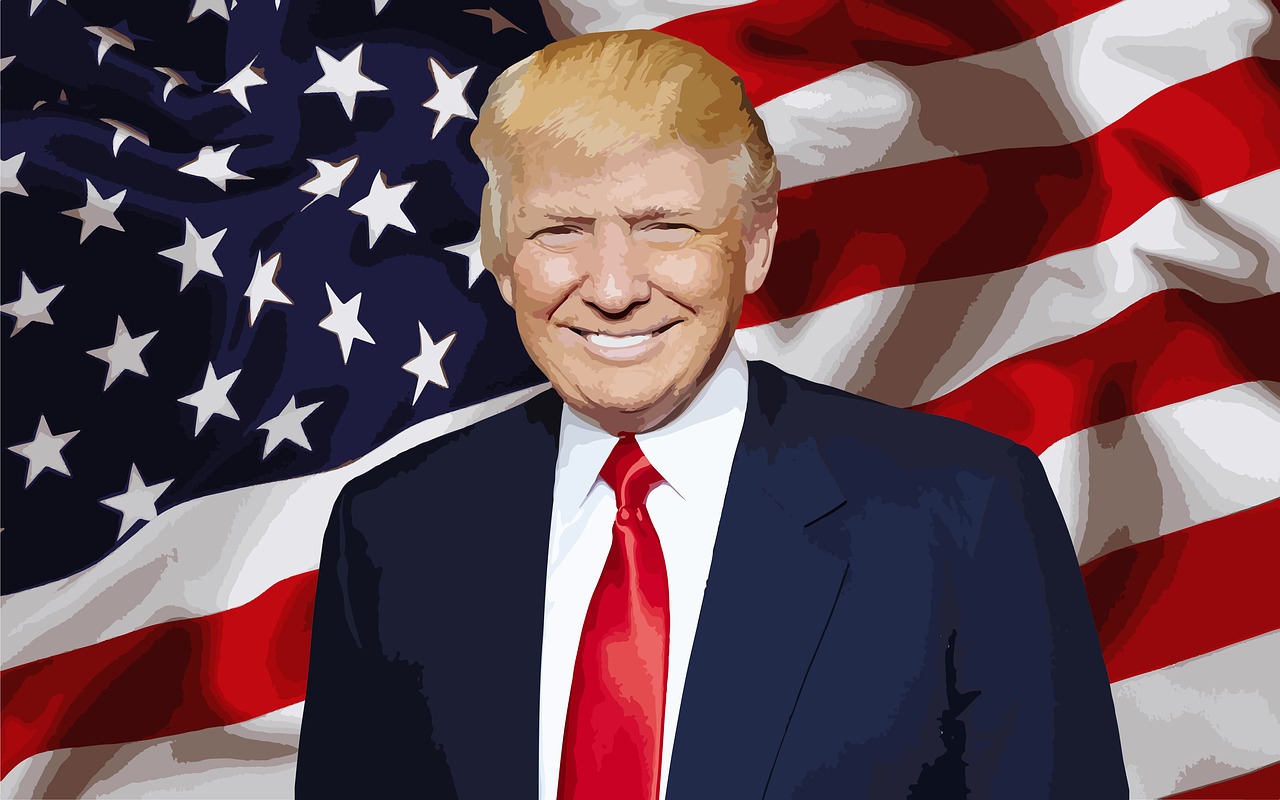In recent remarks, former U.S. ambassador to the United Nations, ,[object Object],, cautioned ,[object Object], to pay closer attention to the stance of former President ,[object Object], on trade issues. Haley suggested that ,India, should take Trump’s words seriously, particularly when it comes to the escalating dispute over tariffs and trade imbalances. During Trump’s presidency, Washington frequently criticized New Delhi over high import duties and protectionist policies, arguing that American businesses faced barriers in accessing ,India,’s large and growing market. Haley, known for her close alignment with Trump’s foreign policy during her tenure at the UN, reiterated that ignoring such concerns could strain bilateral ties further, especially at a time when both nations are seeking deeper cooperation in defense, technology, and strategic matters.
Trump had previously been vocal about what he perceived as unfair trade practices by ,India,, highlighting issues such as tariffs on motorcycles, agricultural products, and electronic goods. His administration took steps toward tightening trade negotiations, even suspending ,India,’s preferential trade status under the Generalized System of Preferences (GSP) in 2019. By urging ,India, to respond constructively, Haley emphasized that disputes over tariffs should not overshadow the broader strategic partnership between the two democracies. For her, the trade imbalance and tariff question is not just an economic challenge but also a symbolic issue, representing how Washington views ,India,’s willingness to align on fair and reciprocal trade practices. She stressed that Trump’s blunt style means his warnings should not be dismissed as mere rhetoric.
The advice also comes against a larger backdrop of global economic shifts, with supply chains realigning and the United States recalibrating its economic ties with Asia amid competition with China. ,India, has emerged as a natural partner for the U.S., but for the partnership to flourish fully, trade disagreements need to be handled carefully. Haley highlighted that by reducing tariffs and creating a more open business environment, ,India, could not only ease tensions with the U.S. but also signal its intent to become a more attractive global investment destination. This perspective reflects Washington’s long-standing demand for greater market access, while ,India, has maintained that its policies are designed to protect domestic industries and support local growth.
At the same time, Haley’s remarks may be interpreted as a political signal to Indian policymakers, especially given Trump’s persistent influence on Republican politics in the U.S. and his possible return to electoral prominence. By stating that “it is better to take Trump’s words seriously,” she implied that ,India, should prepare for a future where Trump’s confrontational style could again set the tone of U.S. trade policy. This warning underscores the reality that while defense cooperation remains strong, economic disagreements could undermine goodwill if not tactfully managed. For ,India,, the challenge lies in balancing its economic priorities with the demands of its strategic partner, ensuring that the momentum of Indo-U.S. relations continues without being disrupted by recurring disputes over tariffs and trade practices.


